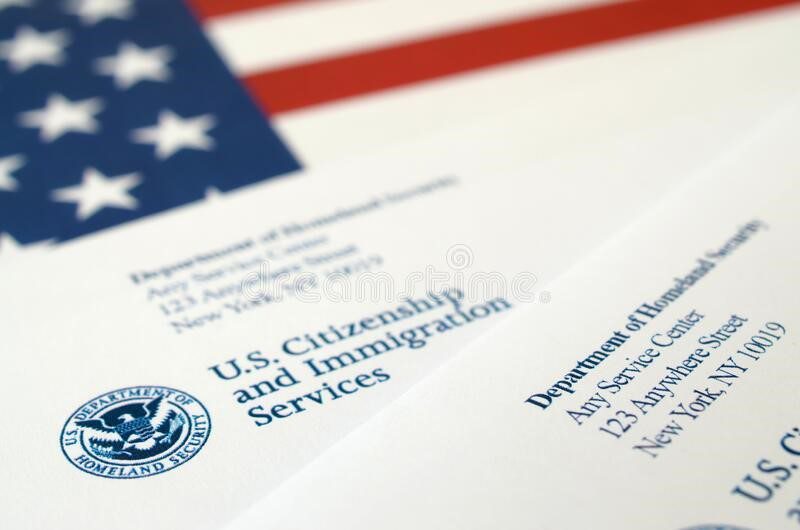The U.S. Citizenship and Immigration Services (USCIS) may not be a paragon of efficiency or customer service, but USCIS has recently made three policy changes with the goal of, or that will have the effect of, making things (slightly) better for those seeking U.S. immigration benefits.
Today, USCIS has announced that it has extended a policy which provides flexibility for responding to requests for evidence, denials, and other notices. For any Request for Evidence (RFE) or any Notice of Intent to Deny, Revoke, Rescind, or Terminate issued by USCIS between March 1, 2020 and September 30, 2021, USCIS will consider a response that is received within 60 calendar days of the response due date listed on the Request or Notice as timely filed. If USCIS denies a petition or application between March 1, 2020 and September 30, 2021, the deadline for filing a Notice of Appeal or Motion, which is typically 30 days (or 33 days if the decision is mailed), has now been extended to 60 calendar days from the date the decision was made. Previously, this policy was set to expire at the end of this month, but it has now been extended for an additional three months.
Earlier this month, USCIS announced an increase to the length of employment authorization it will grant for individuals who have applied for adjustment of status to lawful permanent resident status (applied for a green card). Those who are in the U.S. waiting for their green card application to be approved may also request employment authorization to work in the U.S. while they wait. Previously, that employment authorization was granted in increments of one year only. Although that employment authorization could be extended indefinitely while the green card application remained pending, having to file a new application every year is burdensome. Acknowledging that fact, USCIS announced on June 9, 2021 that it will now grant employment authorization to those awaiting their green card in two-year increments. This policy change should considerably reduce the burden on green card applicants to file more applications, and considerably reduce the resources that USCIS expends processing those applications.
USCIS also announced on June 9, 2021 that it is rescinding a 2018 policy change regarding its issuance of Requests for Evidence (RFEs). In 2013, USCIS began instructing its officers to issue RFEs in all cases where insufficient evidence was initially submitted, unless there was “no possibility†that the case could be approved even with additional evidence. USCIS officers were instructed not to deny a case without issuing an RFE unless it was clear that the applicant or petitioner was ineligible for the requested benefit and that no additional evidence could change that. In 2018, USCIS rescinded that 2013 “no possibility†policy and began instructing its officers that they could deny a case for lack of initial evidence without an RFE even if additional evidence could be provided. That 2018 policy change led to an increase in denials, which led to an increase in burdensome, time-consuming appeals and duplicative case filings. Now, USCIS is returning to the more sensible principles of its 2013 policy and instructing its officers to issue RFEs when they determine that additional evidence could establish eligibility for the requested benefit.
These three recent policy changes do not necessarily reflect a profound and substantial transformation for U.S. immigration. However, these changes will help to ease some of the burdens that have been increasingly placed on applicants—and USCIS itself—over the last few years and will likely make things (slightly) better for all involved.
Alexander Farquhar
Senior Associate Attorney – Dallas, Texas
Tidwell, Swaim & Farquhar, P.C.



